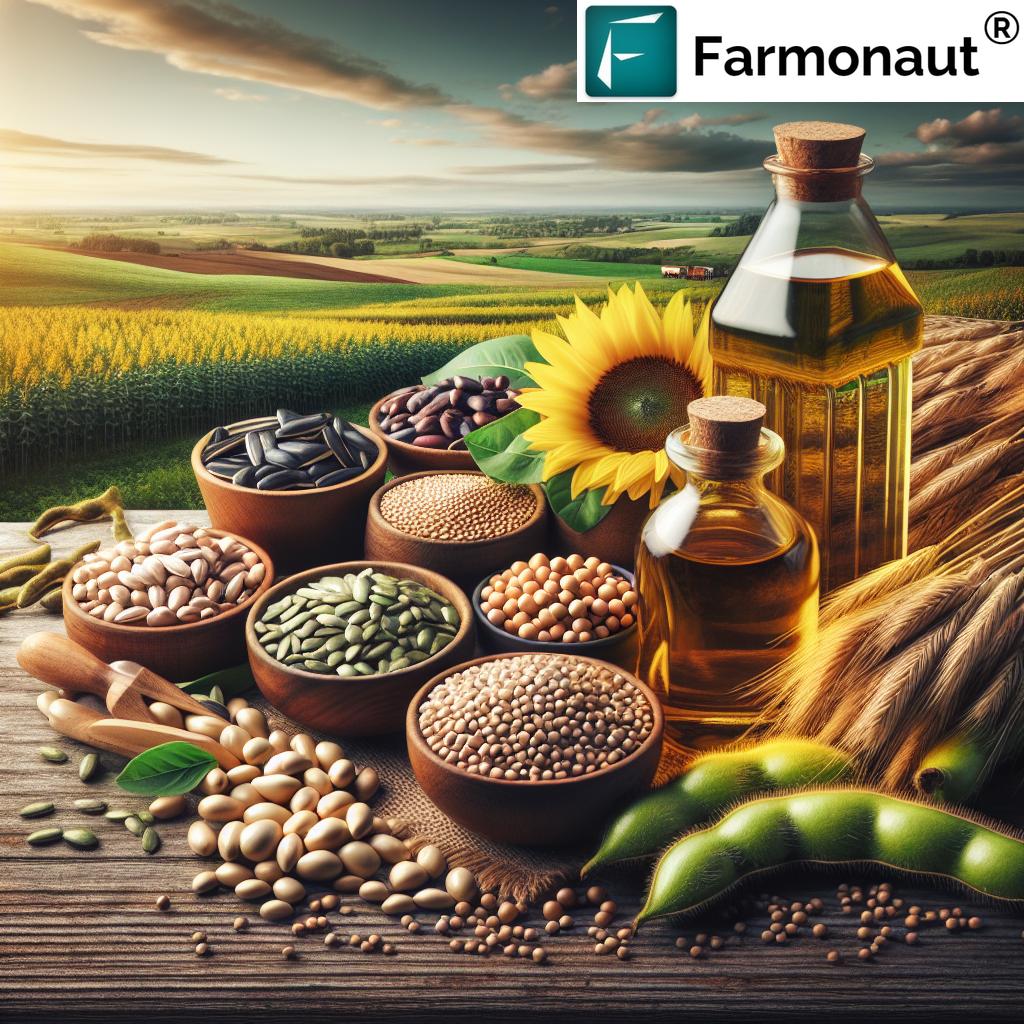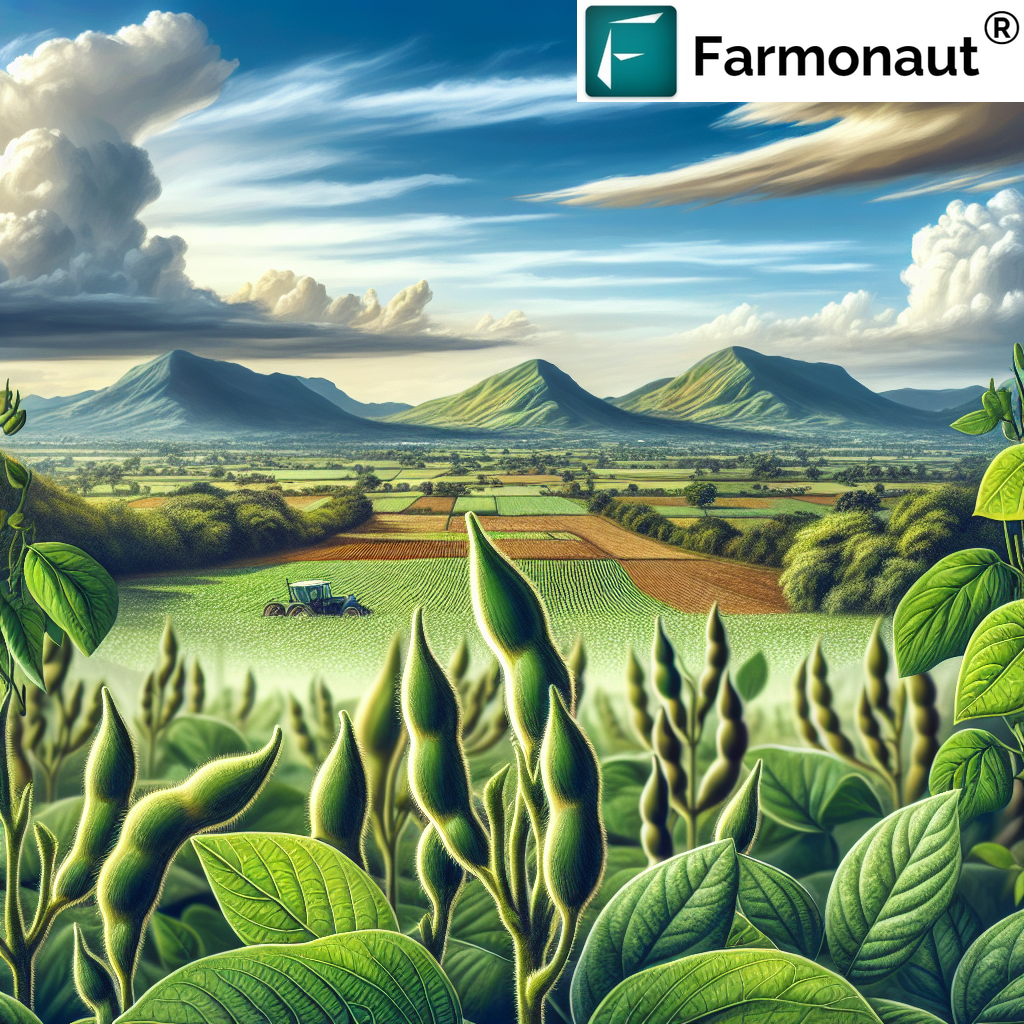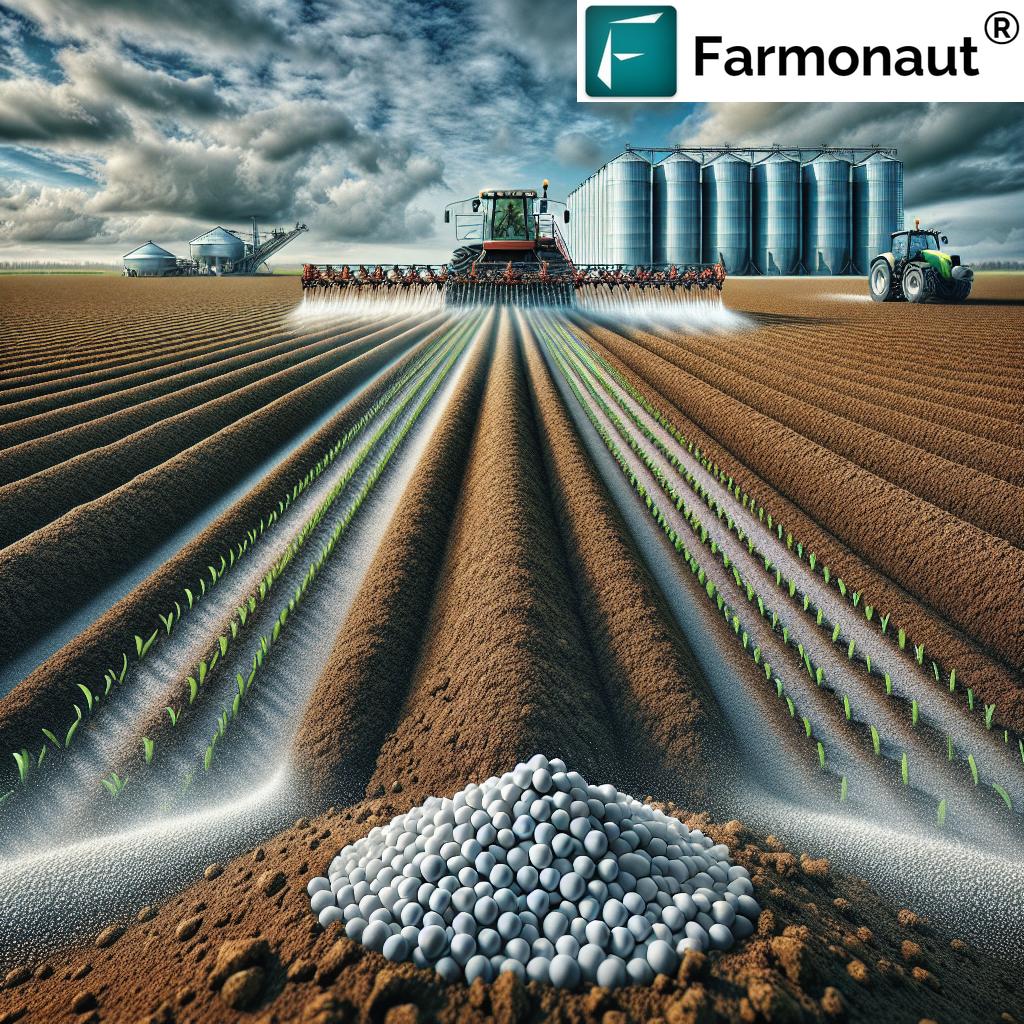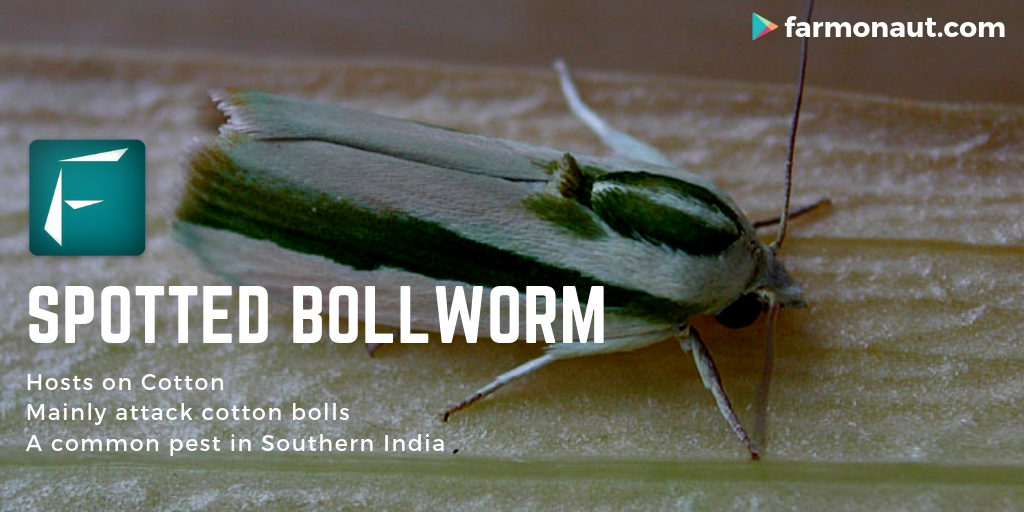Oilseeds: 7 Powerful Ways to Boost Sustainable Farming
Unlock the secrets to sustainable agriculture and food security with oilseed crops. Explore why soybeans, canola, sunflowers, peanuts, and other oilseeds are pivotal to our future farming systems.
“Oilseeds contribute to over 20% of the world’s vegetable oil production, supporting global food security and sustainability.”
- Introduction to Oilseeds: Diversity and Importance
- Economic Importance of Oilseed Crops
- Environmental Benefits of Oilseed Cultivation
- Sustainable Oilseed Farming: 7 Powerful Ways (Focus Keyword)
- Innovations and Precision Agriculture for Oilseeds
- Challenges and Future Outlook in Oilseed Farming
- Comparative Table of Oilseed Crops and Their Sustainable Benefits
- Farmonaut’s Role in Sustainable Oilseed Production
- Frequently Asked Questions (FAQ): Oilseeds & Sustainable Farming
Introduction to Oilseeds: Diversity and Importance
When we discuss oilseed crops, we are referring to a diverse group of plants cultivated primarily for their oil-rich seeds. These seeds are processed into plant-based oils, which serve vital roles in cooking, industrial applications, and biofuels. Common oilseeds include soybeans, canola (rapeseed), sunflowers, flax seeds, peanuts, and cotton seed. Each crop brings its own nutritional, economic, and environmental value, strengthening both agriculture and global food security.
Globally, oilseed production forms the backbone of many agricultural economies. The United States, for instance, relies on soybean cultivation as a primary agricultural commodity, both for domestic consumption and export. As we explore the world of oilseeds, this article will reveal how diversifying oilseed agriculture boosts economic returns, supports sustainable farming, and enhances our resilience to evolving environmental and market challenges.
Key reasons why oilseed crops remain integral to agriculture:
- They are an important source of edible oils and protein-rich meals for animal feed.
- They drive development in biofuel and other industrial sectors.
- They are at the heart of sustainable and climate-smart farming systems.
Access advanced, real-time monitoring of your oilseed fields anywhere and anytime using the Farmonaut App.



The Economic Importance of Oilseed Crops
Oilseed crops play a prominent role in supporting the world’s agricultural economy. Globally, oilseeds are serving as the primary source of vegetable oils, which in turn have multiple uses across food, feed, biofuels, and industrial applications.
Economic Impact in the United States
In the United States, soybeans alone account for approximately 90% of the nation’s oilseed output. This dominance is not only fueled by local demand, but also by the crop’s significance as an export commodity. As such, soybeans are a cornerstone of American agriculture, providing:
- Income for farmers through both domestic and international markets
- Raw materials for the food industry (cooking oils, protein meals, processed products)
- Inputs for the animal feed sector and the growing bioenergy market
But oilseed diversity brings even more resilience to the agricultural sector. Canola, sunflowers, peanuts, and others also have distinctive markets and product value:
- Canola oil is prized for its low saturated fat content and is a staple in kitchens worldwide.
- Sunflower seed oil offers a high smoking point, making it perfect for deep-frying and a common ingredient in skincare products.
- Peanut oil is highly regarded for traditional cooking in Asia and Africa due to its flavor and nutritional profile.
- Cottonseed oil is widely utilized in processed foods and the textile industry.
These aspects illustrate how oilseed production not only fosters agricultural revenue but also nurtures food and industrial supply chains.
Environmental Benefits of Oilseed Cultivation
Oilseed farming does more than fuel economies—it preserves and advances environmental sustainability. By incorporating a variety of oilseed crops into our agricultural systems, we:
- Enhance local and global biodiversity
- Improve soil health and fertility, fostering long-term productivity
- Reduce chemical inputs and their negative side effects on water quality & ecosystems
- Support climate mitigation by boosting carbon sequestration
Key Environmental Advantages
- Diversifying Oilseed Production: Growing crops such as pennycress, canola, and camelina along with major oilseeds prevents monocultures, restores soil nutrients, and encourages insect pollinators.
- Erosion Control with Oilseed Crops: Planting winter oilseeds (e.g., camelina, pennycress) safeguards fields against soil erosion, especially during the off-season, and curtails nutrient leaching.
- Agroforestry Integration: Agroforestry—combining trees, oilseed crops, and pasture—creates integrated landscapes that enhance carbon capture, soil structure, and ecosystem resilience.
These holistic approaches demonstrate how oilseed cultivation is at the forefront of sustainable agriculture and environmental stewardship.
“Sustainable oilseed farming can reduce soil erosion by up to 50%, enhancing long-term agricultural resilience.”
Sustainable Oilseed Farming: 7 Powerful Ways to Enhance Agriculture and Food Security
As challenges to food security and climate adaptability intensify, sustainable oilseed farming becomes indispensable. Here are seven powerful ways we can harness oilseed crops for resilient agriculture.
-
1. Oilseed Crop Rotation Systems for Soil Health
Crop rotation with oilseeds such as canola, sunflowers, and flax seeds disrupts pest cycles, reduces weed pressure, and distributes nutrient demand on soil. An oilseed crop rotation system is proven to:
- Balance extraction and replenishment of nutrients
- Reduce reliance on chemical fertilizers and pesticides
- Encourage beneficial microbes and maintain soil structure
This practice enhances soil fertility for sustainable, long-term oilseed production and other crops.
-
2. Conservation Tillage for Resource Efficiency
Reduced and zero-tillage methods—especially adopted in soybean cultivation and other oilseed farming—minimize fuel use, lower soil compaction, and improve water retention. By keeping more plant residue on the soil surface, farmers shield farmland from wind and water erosion. Conservation tillage thus supports higher water-use efficiency and carbon sequestration.
-
3. Water Management and Smart Irrigation
Strategic irrigation, especially using sensors and remote satellite data, helps farmers tailor watering schedules to crop needs. This reduces overwatering, prevents runoff, and conserves local water resources—critical for oilseed crops such as sunflowers and cotton, which may be sensitive to excess or deficit moisture.
-
4. Integrated Pest and Nutrient Management
Sustainable oilseed farming relies on integrated strategies—using beneficial insects, crop diversity, and precision nutrient application—to curtail chemical inputs. For example, alternating oilseeds with legumes (such as peanuts) in rotation systems naturally augments soil nitrogen and reduces fertilizer needs.
-
5. Cultivating Climate-Resilient Oilseed Varieties
Advances in plant breeding have yielded drought- and heat-tolerant varieties of oilseeds, including soybeans, canola, and camelina. These resilient crops can maintain yields under changing climate conditions, bolstering food security and consistent supply for cooking, livestock feed, and industrial products.
-
6. Double Cropping & Off-season Oilseed Cultivation
Planting winter oilseeds like camelina or pennycress after harvest allows us to utilize land year-round. Double cropping increases total annual yield, improves soil cover, prevents erosion, and increases the diversity of income streams for farmers.
-
7. Farm Data Analytics and Satellite Crop Monitoring
By leveraging real-time satellite imagery and data analytics platforms such as Farmonaut, we can monitor crop health, growth patterns, and input utilization across entire fields. This precision edge means:
- Reducing resource waste and improving yields
- Adjusting feeding and watering to suit crop-specific needs
- Detecting problems before they impact development
Use Farmonaut’s app for precision agriculture for oilseeds and unlock actionable, evidence-based guidance for every farming cycle.
To maximize your farm’s resource use, integrate Farmonaut’s Fleet Management tools
for streamlined logistics and operational savings.
Ensure sustainability by tracking agricultural emissions using Farmonaut’s Carbon Footprinting solution, designed to help reduce your environmental impact with reliable, real-time data.
Innovations and Precision Agriculture for Oilseeds
New innovations in oilseed farming are transforming our ability to achieve sustainability, maximize resource use, and respond to climate and market challenges. Two trends are reshaping oilseed production:
-
Precision Agriculture for Oilseeds:
The integration of GPS-guided machinery, field sensors, drones, and data analytics optimizes planting, fertilizing, and watering. This minimizes waste and boosts efficiency. -
Development of Alternative Oilseed Varieties:
Breeding and genetically optimizing crops like winter camelina, pennycress, and salt-tolerant oilseeds enables double cropping and expands production onto marginal lands, reducing pressure on the environment.
With platforms like Farmonaut, advancements go a step further. Farmonaut merges satellite monitoring with AI-based advisory to deliver tailored recommendations—empowering farmers to respond rapidly to crop stress, weather changes, and market fluctuations.
For developers and agribusinesses, Farmonaut’s API provides seamless access to geospatial data and crop insights.
Try the Farmonaut API and discover the API Developer Docs for integrating satellite-based crop, weather, and land data into digital agriculture systems.
With Farmonaut’s Blockchain-based Traceability, accessible via Product Traceability, both farmers and enterprises can ensure their supply chains are transparent, trusted, and compliant. Traceability solutions not only add value but also meet rising demands for ethical sourcing and sustainability in the edible oil industry.
Oilseed Farming Challenges and the Future Outlook
While the outlook for sustainable oilseed farming is positive, we must address several key challenges:
- Market Volatility: Global oil prices and policy shifts may disrupt farm income and planning.
- Adapting to Climate Change: Erratic weather, water scarcity, and shifting pest/disease zones threaten consistent oilseed production.
- Resource Competition: Intensive cultivation needs efficient input management to prevent soil degradation and water overuse.
- Scaling Innovations: Ensuring all farmers—large and small—have access to precision technology and data-driven advisory, such as those offered by Farmonaut.
Our future resilience will depend on further diversifying oilseed agriculture, adopting climate-adaptive varieties, integrating agroforestry (trees, pasture, and crops), and scaling digital tools for data-powered farming.
Farmonaut’s large-scale management platform—Agro Admin App—helps agribusinesses and government organizations oversee, plan, and act across multiple farms for maximum sustainability and productivity.
Comparative Table of Oilseed Crops and Their Sustainable Benefits
To make informed crop choices, let’s compare the major oilseed crops on sustainability metrics. Use this table to match your farm’s environmental and economic goals with specific oilseeds:
| Oilseed Crop | Estimated Yield (mt/ha) |
Water Usage (liters/kg seed) |
Soil Health Impact | Carbon Sequestration (kg CO₂/ha/yr) |
Compatibility with Sustainable Practices |
|---|---|---|---|---|---|
| Soybean | 2.5–3.0 | 1800–2200 | Improves (when rotated) | 650–800 | High |
| Canola | 2.2–2.8 | 1000–1200 | Improves | 650–900 | High |
| Sunflower | 1.6–2.2 | 700–1000 | Improves | 600–950 | High |
| Peanut (Groundnut) | 2.0–3.5 | 1000–1500 | Improves (legume effect) | 650–850 | High |
| Flax Seed | 1.0–1.7 | 600–900 | Neutral–Improves | 650–900 | Medium–High |
| Cottonseed | 1.0–1.5 | 2000–2700 | Degrades (if monocropped) | 500–700 | Medium |
| Camelina | 1.2–2.0 | 400–800 | Improves | 650–900 | High |
*Values are indicative, based on recent literature and field data. Crop yields and impacts may vary by region, management, and variety.
Farmonaut’s Role in Sustainable Oilseed Production Systems
Farmonaut stands as a pioneering agri-tech company dedicated to making precision agriculture affordable and accessible for oilseed farmers worldwide. We empower oilseed growers — from individual smallholders to large agribusinesses — with cutting-edge tools for enhanced crop, soil, and environmental management:
-
Satellite-Based Crop Health Monitoring:
Farmonaut’s platform leverages multispectral satellite imagery to provide farmers with real-time insights on crop health, soil moisture levels, and field variability. This supports precise planting, watering, fertilizing, and early detection of pest or nutrient issues.
- AI-Powered Advisories: Jeevn AI delivers personalized, data-driven farm management recommendations, weather forecasts, and expert strategies, maximizing crop yields and resilience to climate stress.
- Blockchain Traceability: Ensuring full transparency from “seed to bottle,” Farmonaut tracks every stage of your oilseed product’s journey, reducing fraud and building consumer trust (see Farmonaut Product Traceability).
- Carbon Footprinting: Measure and minimize your farm’s carbon emissions using easy-to-access dashboards and actionable insights (see Carbon Footprinting).
- Resource and Fleet Management: Use the platform to optimize inputs and logistics, keeping operating costs low and sustainability high (see Fleet Management).
Who can benefit?
- Individual oilseed farmers: Gain access to affordable, data-driven support and maximize yield from every hectare
- Agribusinesses: Track large plantations, optimize logistics, and ensure traceability and carbon compliance
- Government and NGOs: Monitor oilseed crop area, forecast yields, and empower sustainable development projects
- Financial Institutions: Make informed lending and insurance decisions with real satellite-based verification (see Crop Loan & Insurance)
- Corporate Clients: Guarantee transparent, traceable supply chains and responsible sourcing
Interested in large farm or agri-business-wide advisory/mapping? Try the Agro Admin App.
Looking to switch to climate-smart, forest-integrated strategies? Farmonaut’s Plantation & Forest Advisory will help you optimize.
Frequently Asked Questions (FAQ): Oilseed Crops and Sustainable Agriculture
What are oilseed crops?
Oilseed crops are plants cultivated primarily for their oil-rich seeds, which are processed into edible cooking oil, industrial applications, and biofuels. Major examples include soybeans, canola, sunflowers, flax seeds, peanuts, and cotton seed.
Why are oilseeds important for global agriculture and food security?
Oilseeds are integral to food security as they supply a majority of vegetable oil for cooking, form a key protein source for animal meals, and serve diverse roles in industrial and biofuel sectors—powering economies and nourishing populations worldwide.
How does oilseed cultivation contribute to environmental sustainability?
By diversifying crop systems, reducing chemical inputs, and enhancing soil health, oilseed farming improves biodiversity, prevents erosion, supports water quality, and increases overall agroecosystem resilience.
What is the best oilseed for sustainable farming?
The “best” oilseed depends on local conditions, but crops like canola, soybeans, sunflowers, and camelina are highly compatible with climate-smart and low-input farming. Integrating legumes such as peanuts in crop rotations further boosts soil fertility.
How do technology solutions like Farmonaut support oilseed farmers?
Farmonaut uses advanced satellite imagery, AI, and blockchain for real-time crop health monitoring, personalized advisory, carbon tracking, and product traceability—enabling smarter, more profitable, and sustainable oilseed production for farmers of all scales.
What are the main challenges facing sustainable oilseed farming?
Key obstacles include market volatility, climate-induced stresses, soil and water limitations, and ensuring widespread access to new innovations. Addressing these challenges requires adaptive farming practices and rapid technology adoption.
How do I get started with Farmonaut’s solutions for oilseed farming?
Simply download the app for your device—Web | Android | iOS—and use real-time monitoring, carbon tracking, and AI advisory to optimize your oilseed, grain, or mixed cropping operations. For APIs and integration, visit Farmonaut API and API Documentation.
Final Thoughts: Oilseeds for a Sustainable, Resilient Agricultural Future
Oilseeds stand as essential contributors to sustainable agriculture, food security, and climate mitigation worldwide. By diversifying oilseed production, adopting innovative farming practices, and leveraging cutting-edge data-driven technologies like Farmonaut, we can meet global demands for edible oils, protein meals, and bio-based products—while safeguarding our planet’s resources for generations to come.
Ready to advance your farming system? Monitor, manage, and transform your oilseed or mixed cropping with Farmonaut’s platform:
From the United States heartland to global fields, let’s unlock the full sustainable, economic, and ecological power of oilseeds—for people, planet, and prosperity.










